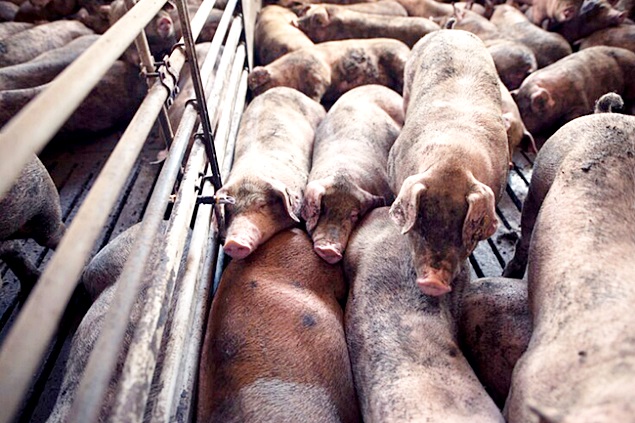1387

The Russian veterinary watchdog Rosselkhoznadzor has begun registering the first 3 companies for pork exports to China. The initial deliveries are due within the next 2 months, PigProgress reports.
Meeting Recommendations
Previously, Russia's Deputy Prime Minister Victoria Abramchenko and Russian pig farmers anticipated that the first batches of Russian pork would be delivered to Chinese customers by mid-2024.
Rosselhoznadzor has provided the Chinese party with information on meeting the recommendations that Chinese officials gave during inspections at pork production facilities in Russia between December 4 and 14.
Russia's largest pork producer and processor, Miratorg, is among the 3 companies preparing to export pork to China, according to the local news outlet ROSNG. The Russian government agency Agroexport also reported earlier that Sibagro, a prominent Siberian pig company, is working on launching pork exports to the Chinese market.
Surplus on the Horizon
Russian authorities may rush to start exports to China to avoid an oversupply in the domestic market, which is still shaping up despite substantial consumption growth in the previous year.
In the past 2 months, the average price of live pigs in Russia has dropped by 25%, calculated by the Russian Meat Association (RMA). To some extent, the price dynamics are attributed to a seasonal factor, as pork prices are traditionally higher during the grilling season and lower in the colder months.
Despite price turbulence, RMA expected domestic meat consumption to continue rising. In 2024, it is expected to reach 80 kg per capita.
Reserved Forecasts
There is no clarity regarding the planned export volumes. Yuri Kovalev, president of the Russian Union of Pork Producers (RUPP), estimated that Russian exporters could capture a 10% share of pork imports to China, equal to 2 million tons.
However, Russian farmers won't be able to fully unleash their potential in 2024, RUPP said. This year, deliveries are likely to be limited to just 25,000 to 30,000 tons. This is due to the need to pass registration, adapt to the Chinese market, and build comprehensive logistic and financial chains, RUPP stated.





